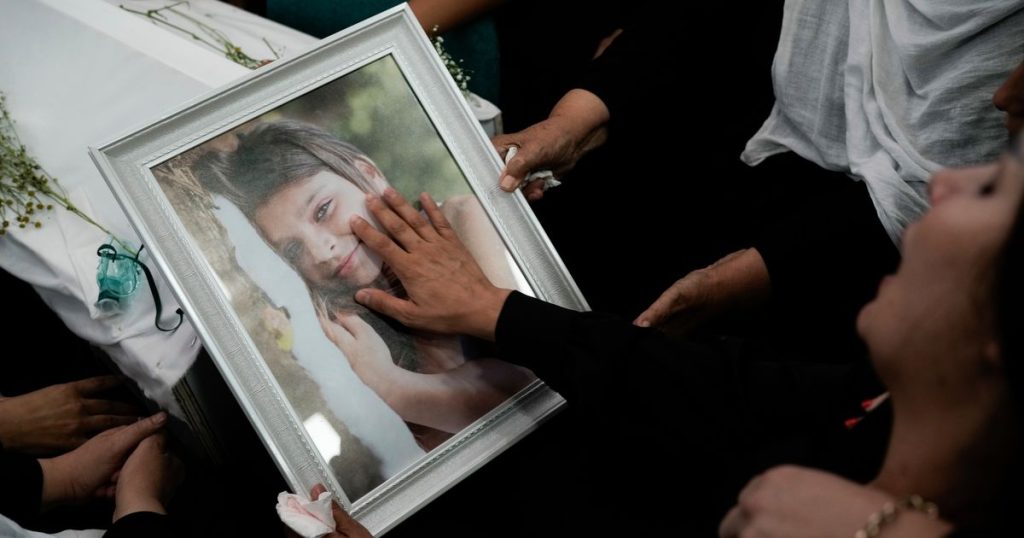The Middle East was on edge after a rocket from Lebanon hit a soccer field in the Israeli-controlled Golan Heights, killing 12 children and teens. The incident, blamed on Hezbollah, raised fears of a regional war between Israel and the militant group. In response, Israel launched strikes in Lebanon, heightening tensions in the already volatile region. The timing of the attack was sensitive as Israel and Hamas were negotiating a cease-fire proposal to end the almost year-long conflict in Gaza.
The rocket attack took place in the Druze town of Majdal Shams, located near the Syrian border and south of Lebanon. The Druze community is a religious sect with populations in Israel, Syria, and Lebanon. The attack resulted in the deaths of 12 youths and injuries to several others. The Druze community in the Golan Heights, although traditionally loyal to Syria, maintains a good relationship with Israel. The area is considered occupied territory by much of the international community, as it was captured by Israel in the 1967 war.
The deadly attack on Saturday has the potential to escalate into a wider conflict between Israel and Hezbollah. Israeli Prime Minister Benjamin Netanyahu vowed that Hezbollah would face severe consequences for the attack. The U.S. Secretary of State confirmed that the rocket originated from Hezbollah, although he expressed a desire to prevent the conflict from escalating further. Since the conflict began in October, Israel has targeted Hezbollah’s military infrastructure with airstrikes and drones, resulting in casualties on both sides of the border.
The situation has the potential to impact the ongoing war in Gaza, as the Egyptian official suggested that a cease-fire in Gaza could also lead to a halt in hostilities with Hezbollah. The interconnected nature of the conflicts in the region highlights the need for urgent intervention to prevent further disastrous consequences for the people in the area. Officials from the United States, Egypt, and Qatar were working towards a cease-fire deal in both Gaza and Lebanon in an effort to mitigate the escalating tensions and violence in the region.
The potential for a wider war involving Lebanon, Israel, and possibly Iran, adds complexity to an already volatile situation. The capability of Hezbollah to cause significant damage with its firepower poses a significant threat, especially as Israel is engaged in fighting in Gaza. The possibility of Iran becoming involved in the conflict further complicates the situation, as the shadow war between Iran and Israel has the potential to escalate into a larger confrontation. The international community is urged to intervene to prevent further escalation and loss of life.
As the region remains on high alert following the rocket attack in the Golan Heights, the impact of the incident on the broader Middle East remains uncertain. The interconnected nature of the conflicts in Gaza, Lebanon, and Israel adds to the complexity and potential for further violence. Urgent diplomatic efforts are underway to reach a cease-fire deal and prevent further escalation of hostilities. The tragic loss of life in Majdal Shams highlights the need for a swift resolution to prevent further casualties and stabilize the region.


